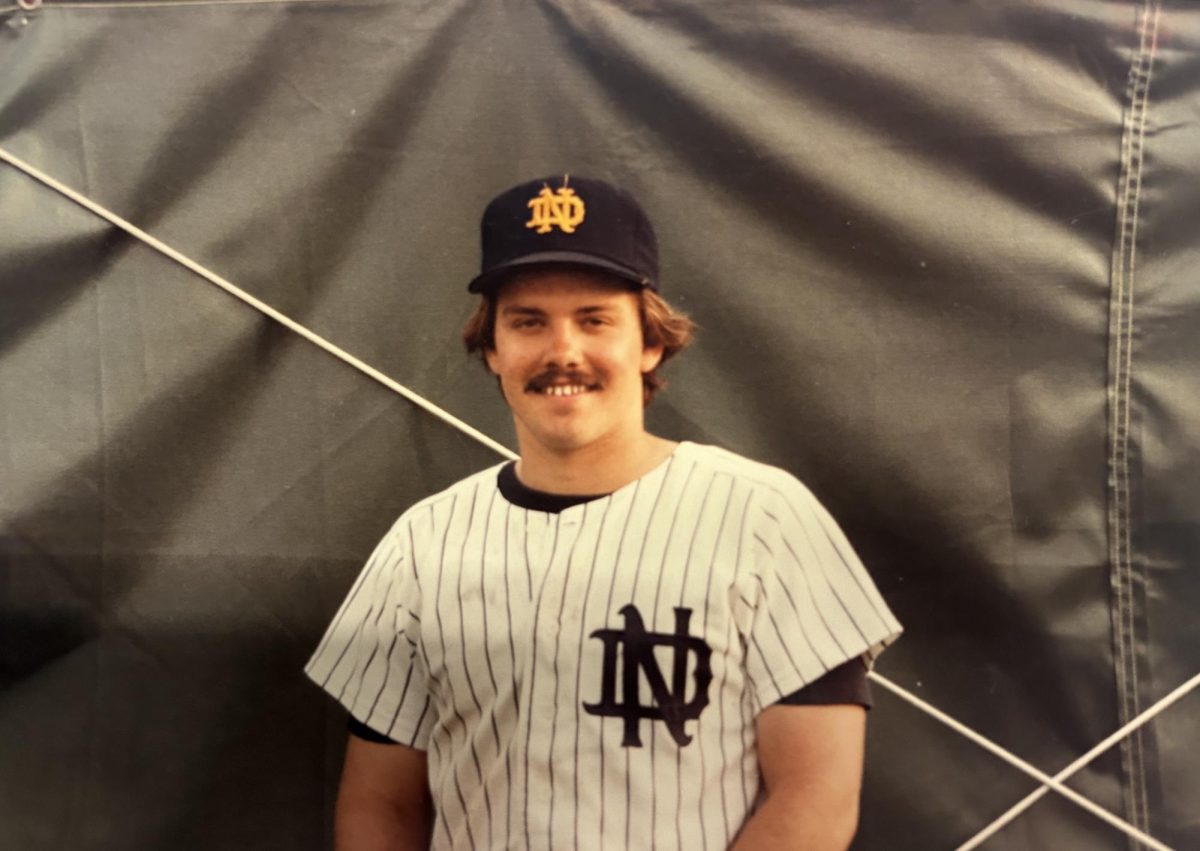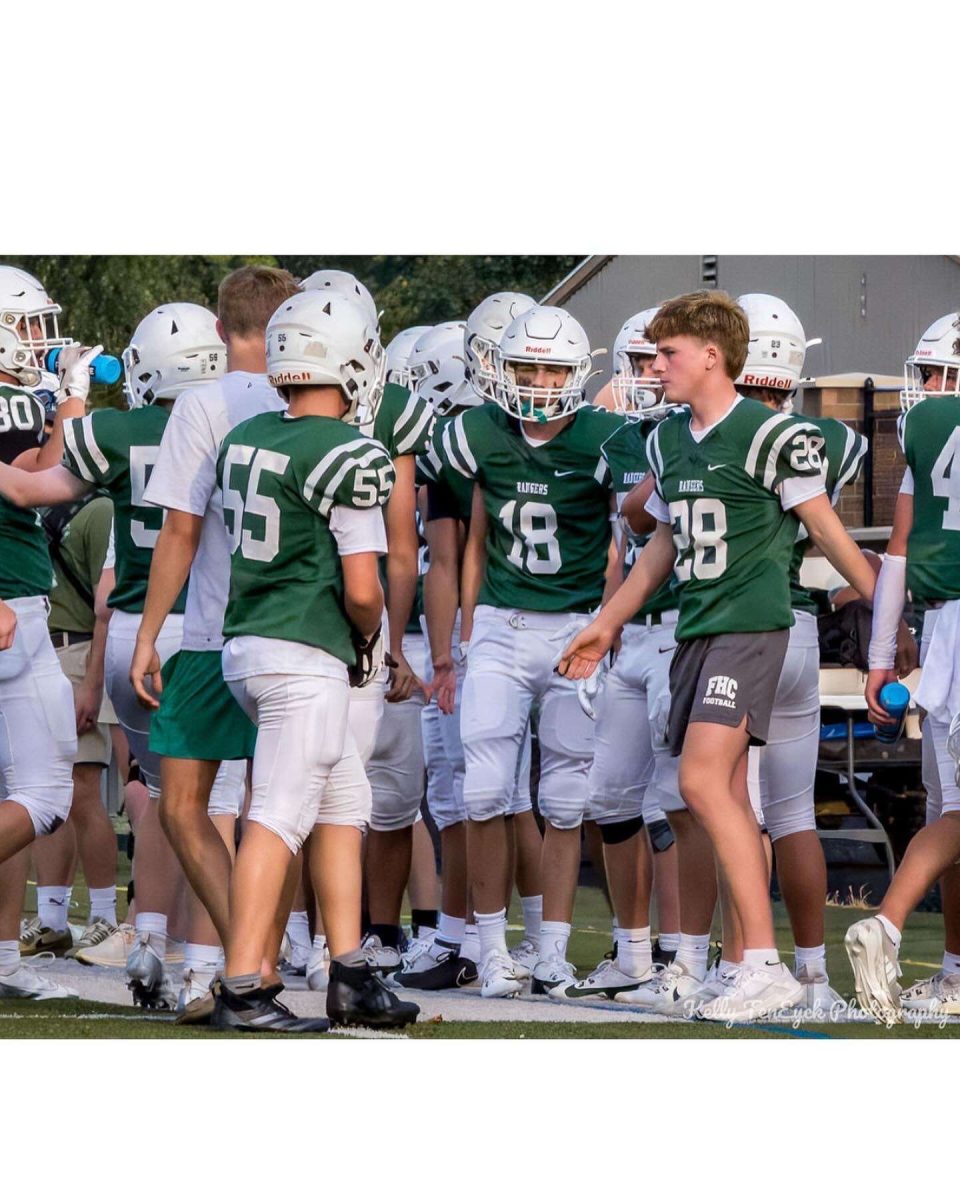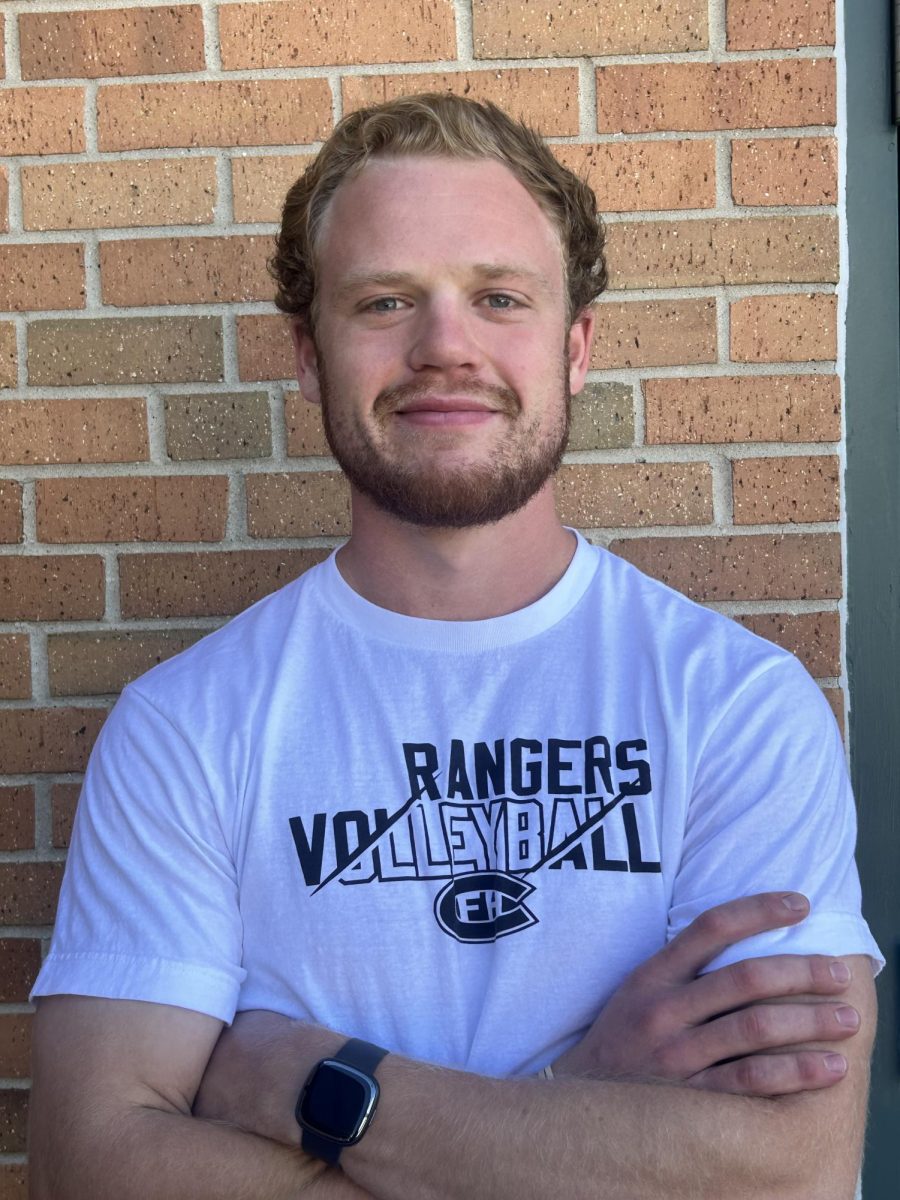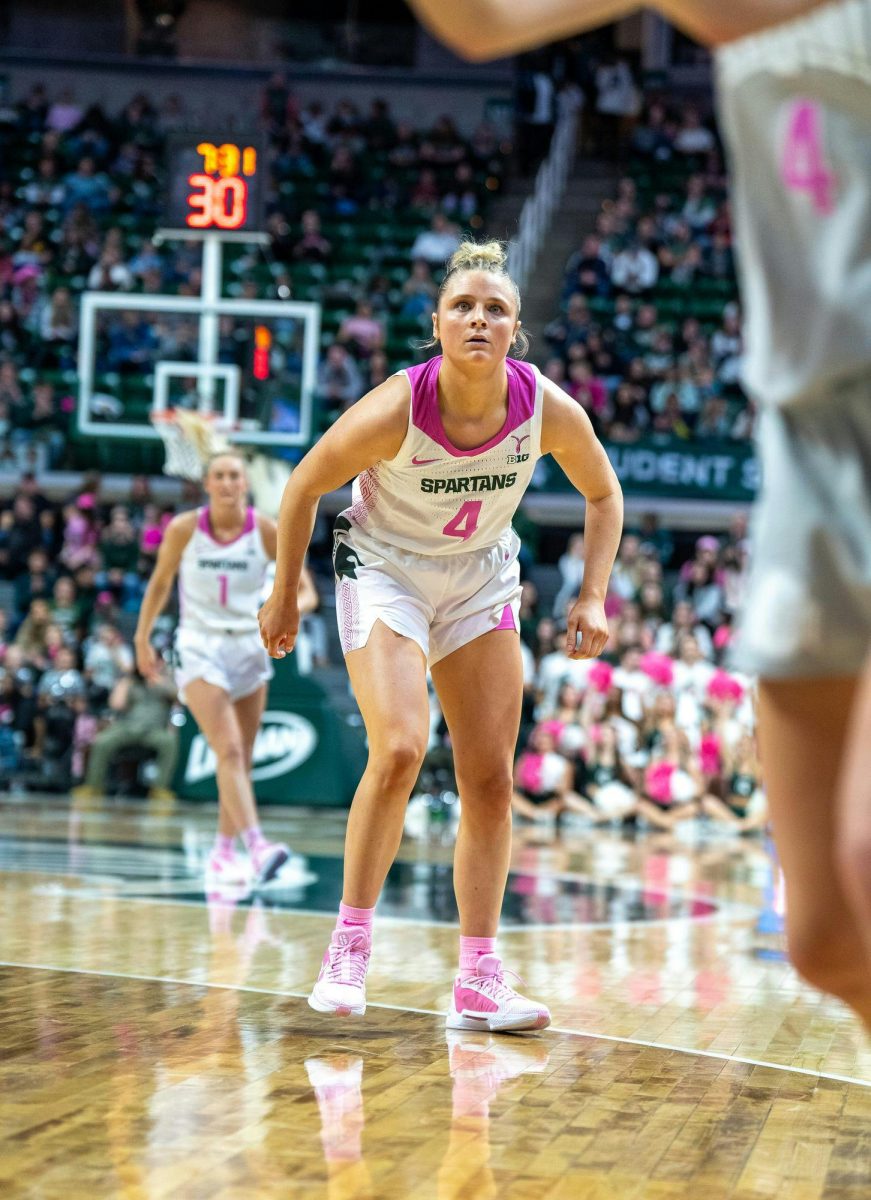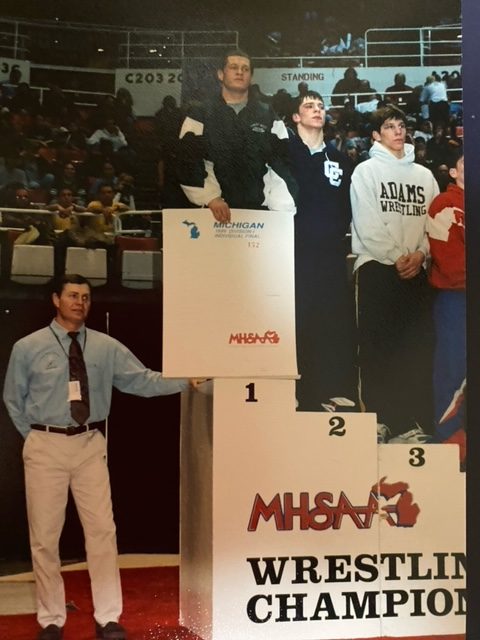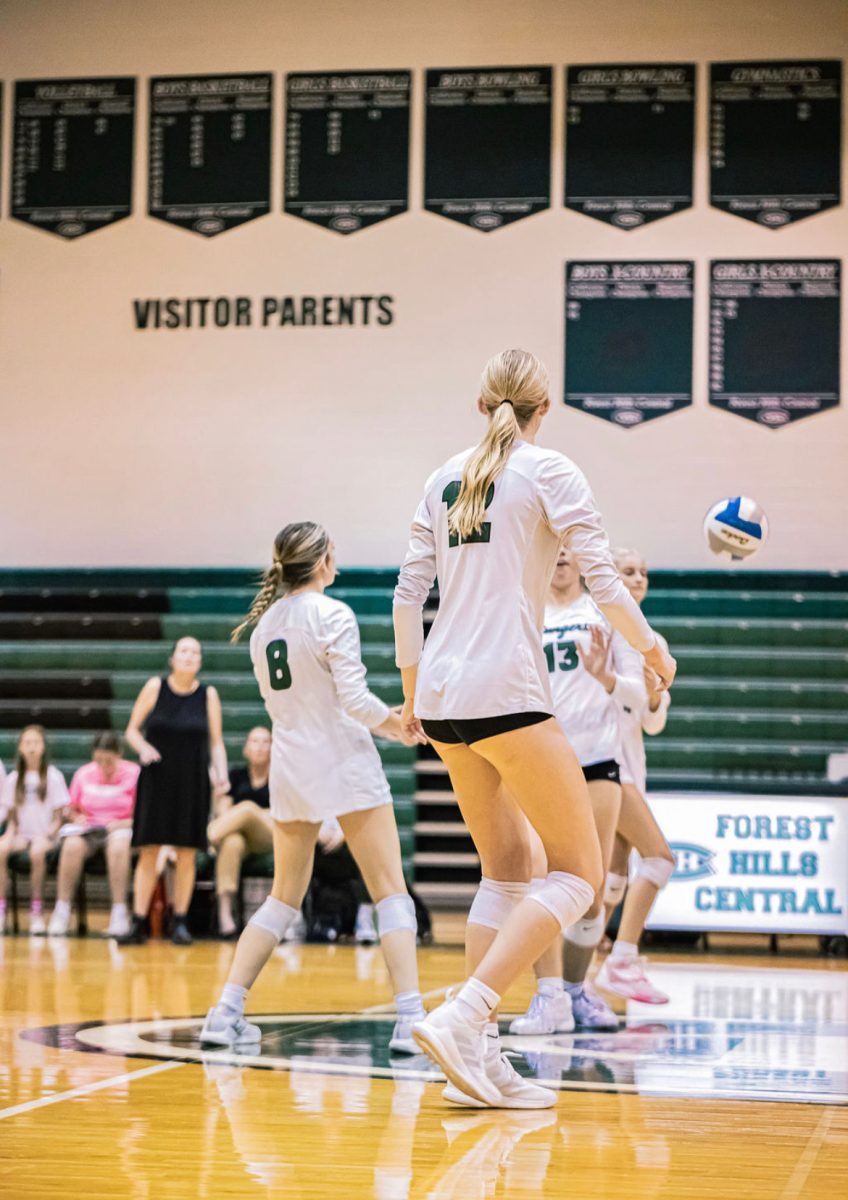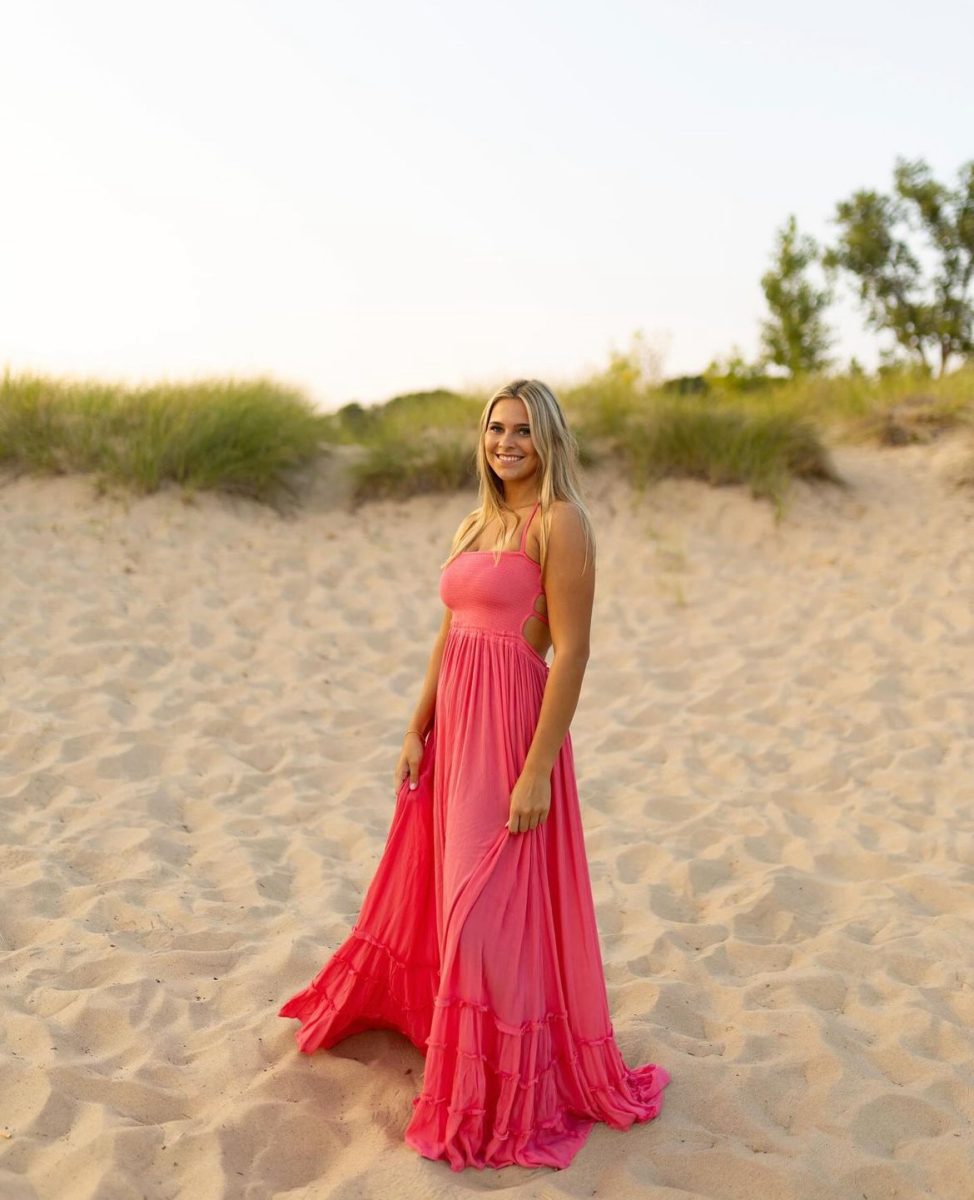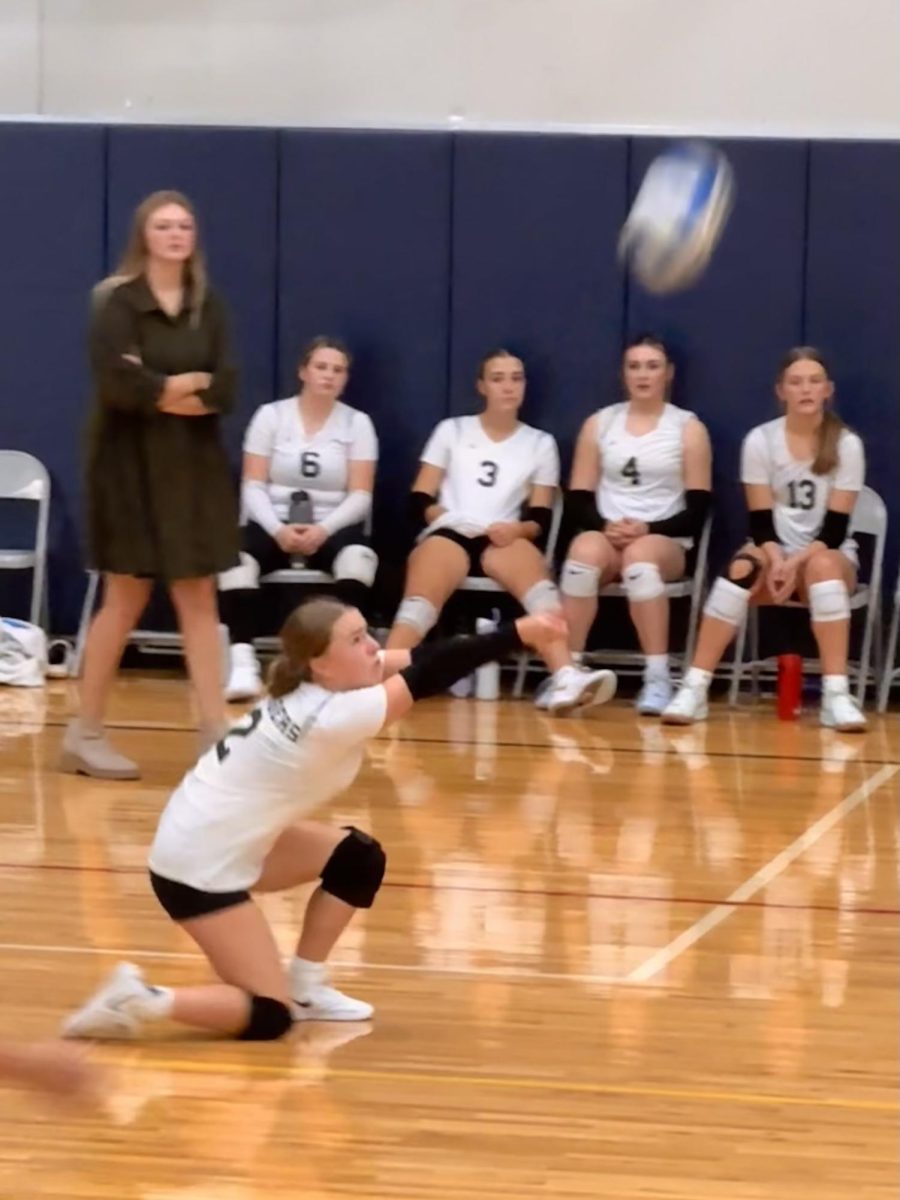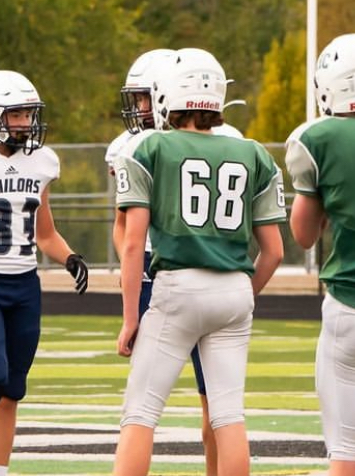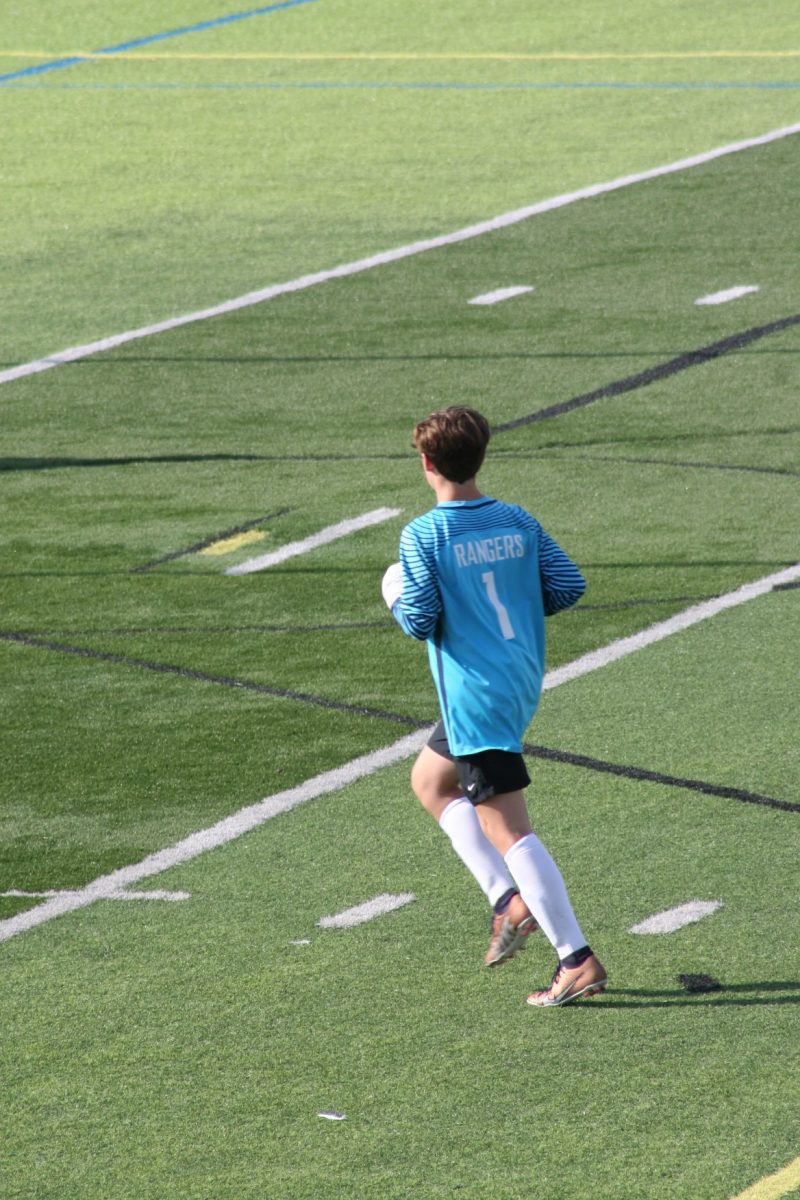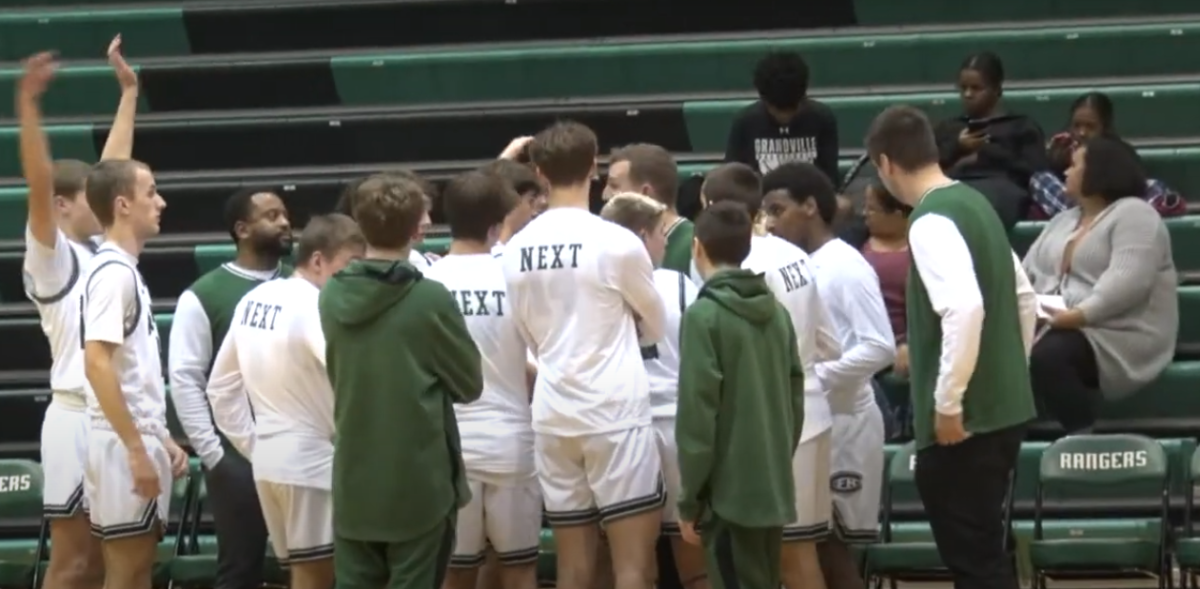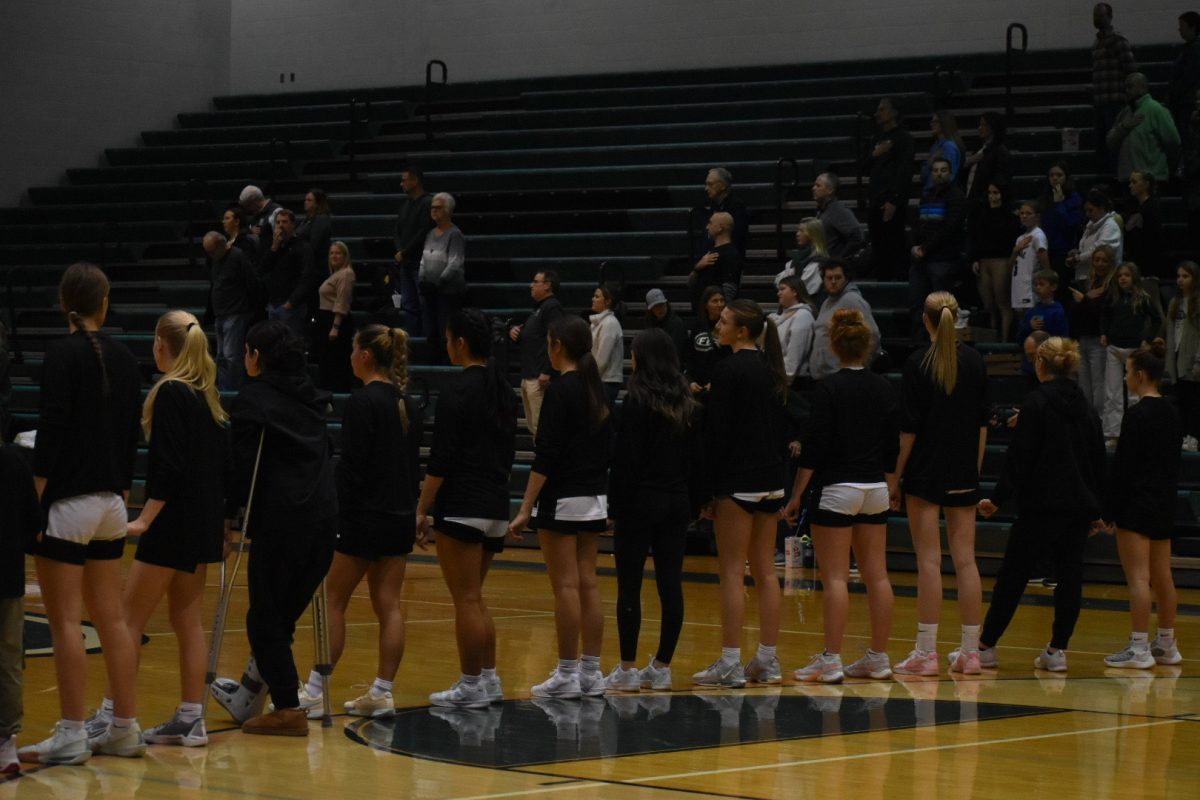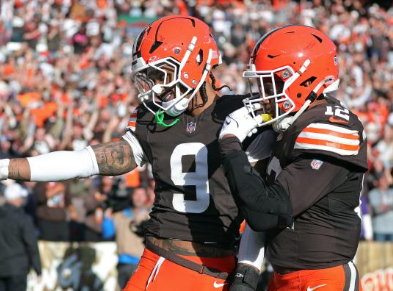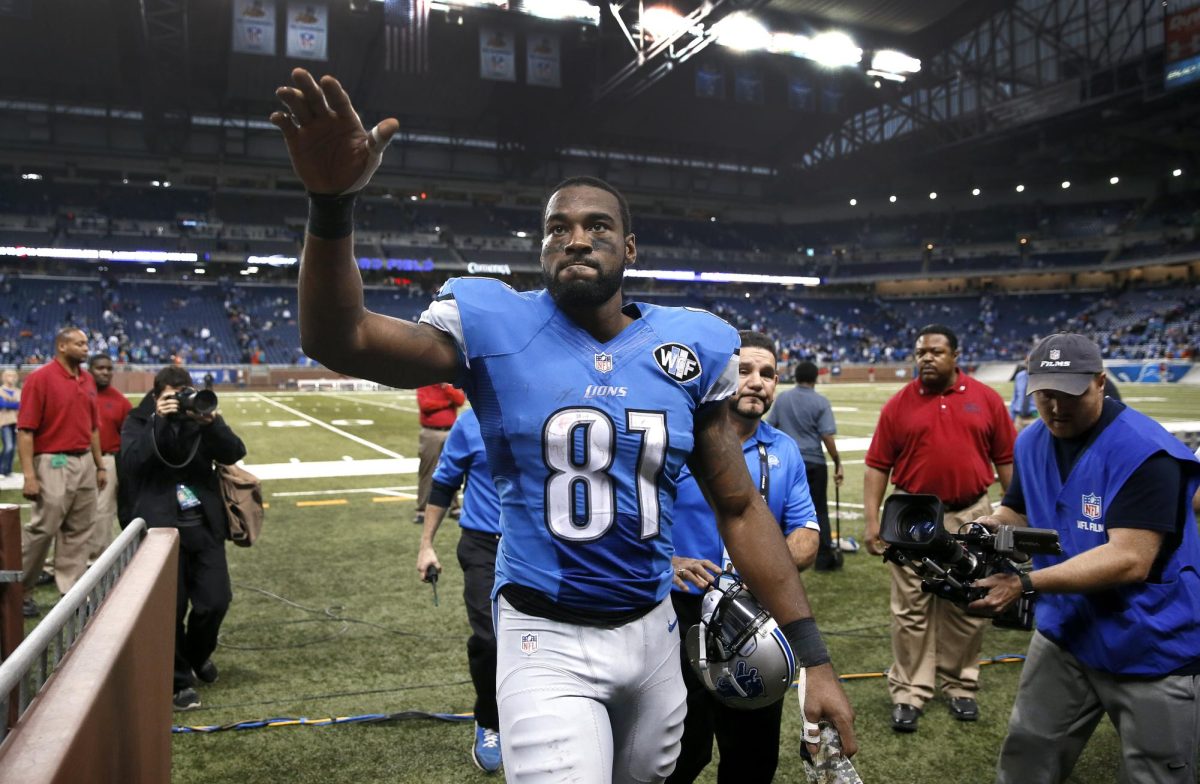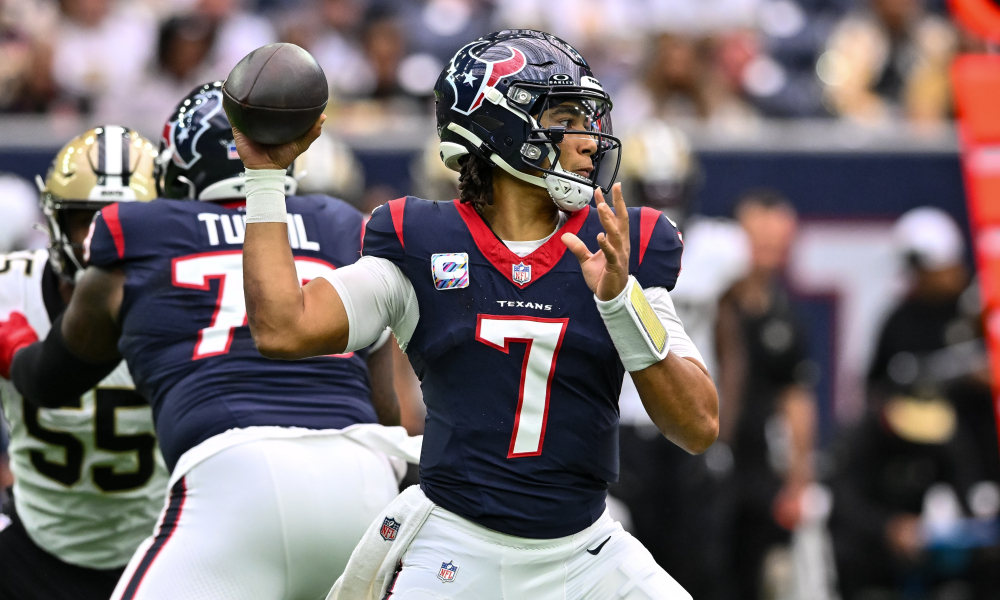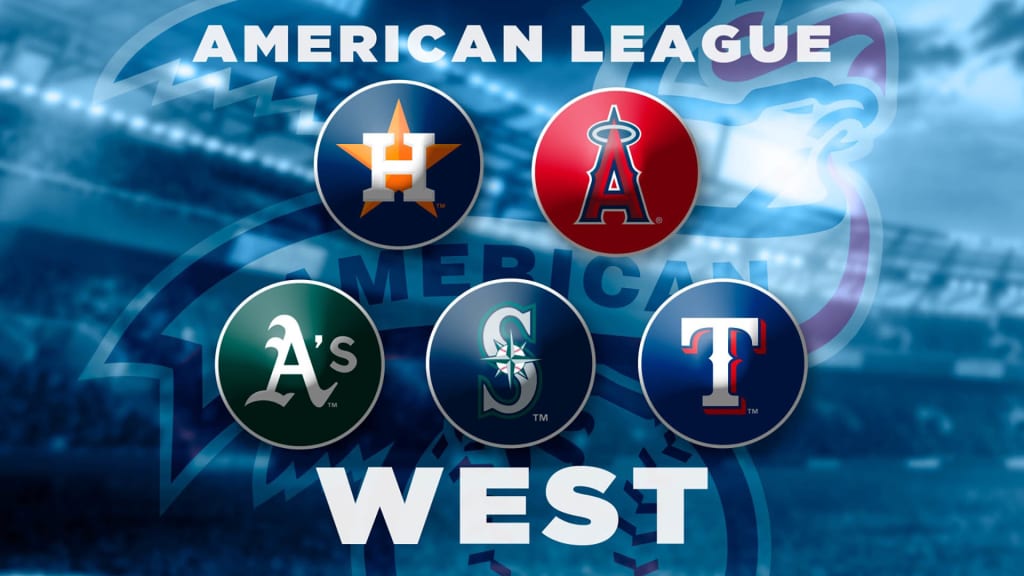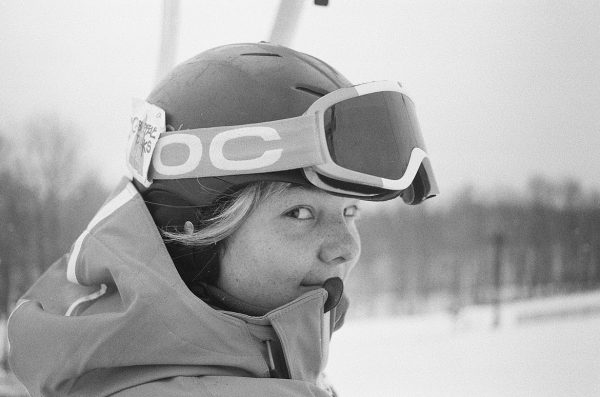Retiring principal Steve Passinault is about to enter the next phase of his life when his time in education ends in June. Looking back, he fondly remembers an earlier phase in his life: his younger days when sports were his focus with his brothers and neighbors.
“I grew up with five brothers, so there’s six boys in my family,” Passinault said. “We were fairly close in age and we had a neighborhood full of other guys that we knew that—weekends or in the summer—would just play whatever sport that somebody felt like doing that day or depending on what the weather was.”
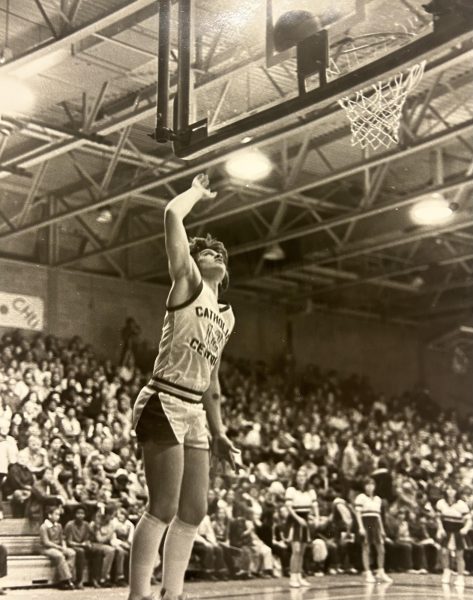
The variety of sports Passinault played while growing up led to many opportunities when he entered Catholic Central High School as a freshman.
Throughout high school, he played three different sports: football during the fall, basketball during the winter, and baseball during the spring. This was not uncommon at the time for athletes to switch from one sport to another based on season; Passinault notices the difference between then and now when it comes to playing more than one sport.
“The big difference is that we did not have as much of the overlaps of coaches wanting you to do this in the off-season and this in the off-season for that sport,” Passinault explained. “It was just more of you did your sport, you had a week off, and you went to the next one.”
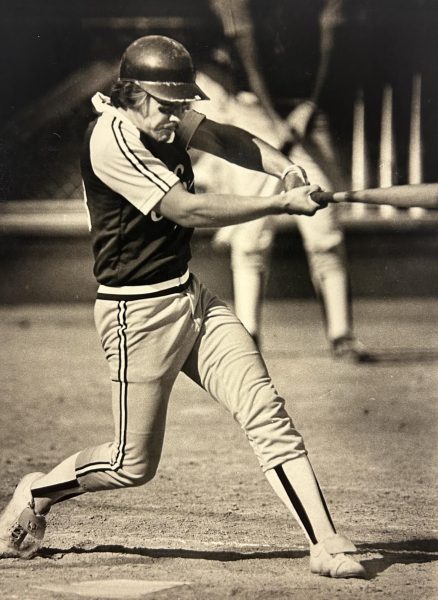
The summer was a whole different ballgame for those who played multiple sports like Passinault. With the summers, it became a combination of all three sports from doing scrimmages for basketball here to double practices for football there.
For Passinault, though, his main focus during the summer was baseball; his commitment in the summer led to a future college career at Notre Dame.
“I played summer league baseball on different teams throughout my career,” Passinault said. “So baseball was probably the primary sport in the summer. And then I’d work in the other stuff [other sports] as it came.”
Upon graduation from high school, Passinault had decisions to make regarding his athletic career. Although he loved the team and the environment in football, compared to baseball and basketball, he didn’t have as much passion or excel as he did in the other two.
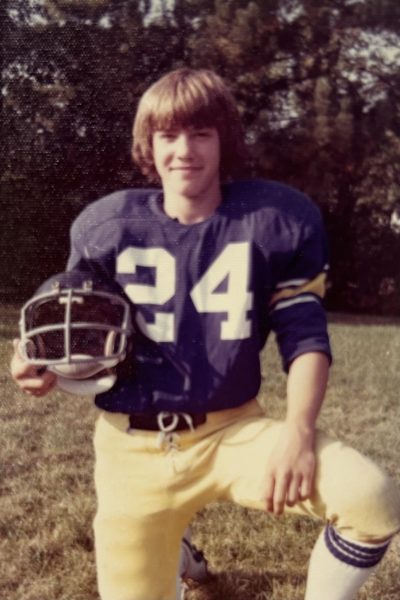
At first, he went back and forth on whether or not to play baseball and basketball at a smaller division three school, but the deciding factors that played a large role in what he would do were his physical build and his acceptance into Notre Dame.
“Basketball was a passion of mine,” Passinault said. “Of the three, probably more realistic as a five foot nine guard in high school—there’s not a big future for college basketball. So baseball lends itself more toward my physical stature. Then when I got accepted to Notre Dame, I wanted to focus on baseball.”
Going into Notre Dame, Passinault was a walk-on his freshman year. In his first two years, he only practiced and watched the team play, but this was not uncommon because only 20-25 players were allowed to be dressed—many of those being upperclassmen.
This didn’t discourage Passinault but rather motivated him to work his way up the ladder. He continued to play in summer leagues that helped him improve because of ex-professional, minor league, and college players from all over who played in them. That, along with intense training on the field and in the weight room, helped him going into his junior year.
“That competition prepared me well to play, and I worked at it,” Passinault said. “I did, at that point, weight training and strength conditioning, and so I got bigger and stronger through those years. Then, I got an opportunity in the fall of my junior year and took advantage of it.”
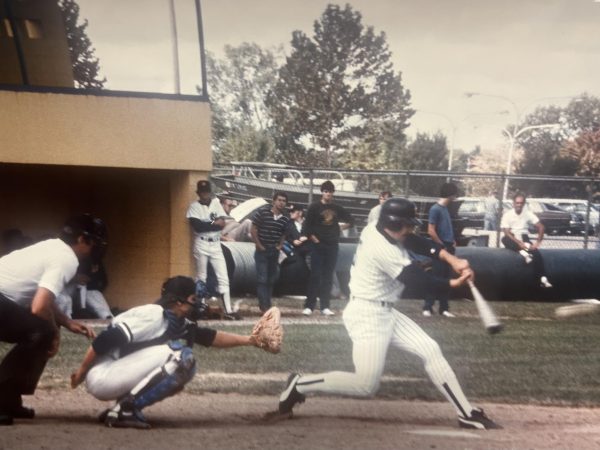
Passinault was the starting centerfielder at Notre Dame in both his junior and senior years. He was more of a defensive player overall, which was taken notice of especially in his junior year being named defensive player of the year on his team. However, there were challenges he faced within baseball and academics. Because Notre Dame is a challenging academic school, it was a difficult balance between school and sports.
“Facing division one pitchers that were not just throwing fastballs in the nineties, but also throwing good sliders and good off-speed pitches was probably the biggest challenge,” Passinault explained. “Then overall it was because Notre Dame was challenging academically. So I think it was trying to balance that with spending a lot of time with baseball and then staying up academically, as well.”
Passinault spent long bus rides with many of the players knee-deep in their textbooks studying. For the athletes, this was a priority because very few of them were going to become major league players and were going into pre-med and pre-engineering.
It also allowed for close bonds to form that have even lasted long past their graduation day. Whether that was going to each other’s children weddings or just little get-togethers, Passinault has created lifelong bonds.
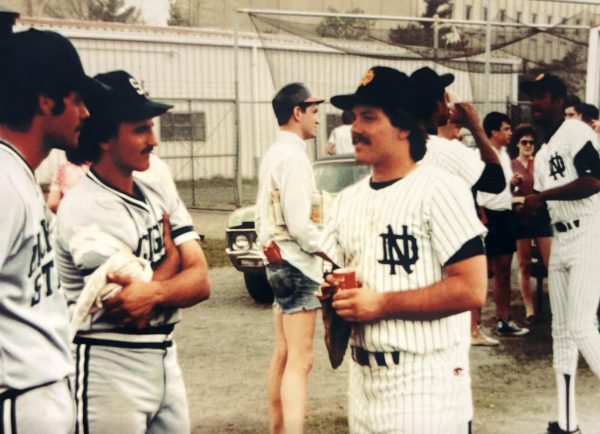
“I still to this day have a handful of good friends that I’ve played baseball with at Notre Dame,” Passinault said. “We get together for our kids’ weddings and get together to play round of golf somewhere. Those friendships will last a lifetime.”
One aspect though that Passinault took away—and truly drew him into education—was the life lessons that he learned from athletics.
“You’re learning life lessons of how do you handle struggles and winning graciously,” Passinault said. “Then how do you also handle losing or challenges that you face in sports without giving up. And sports has a way to humble you real quick when you think you’re pretty good. Then at the same time, you remember all those other valuable lessons of teamwork, self-sacrifice, and discipline.”



